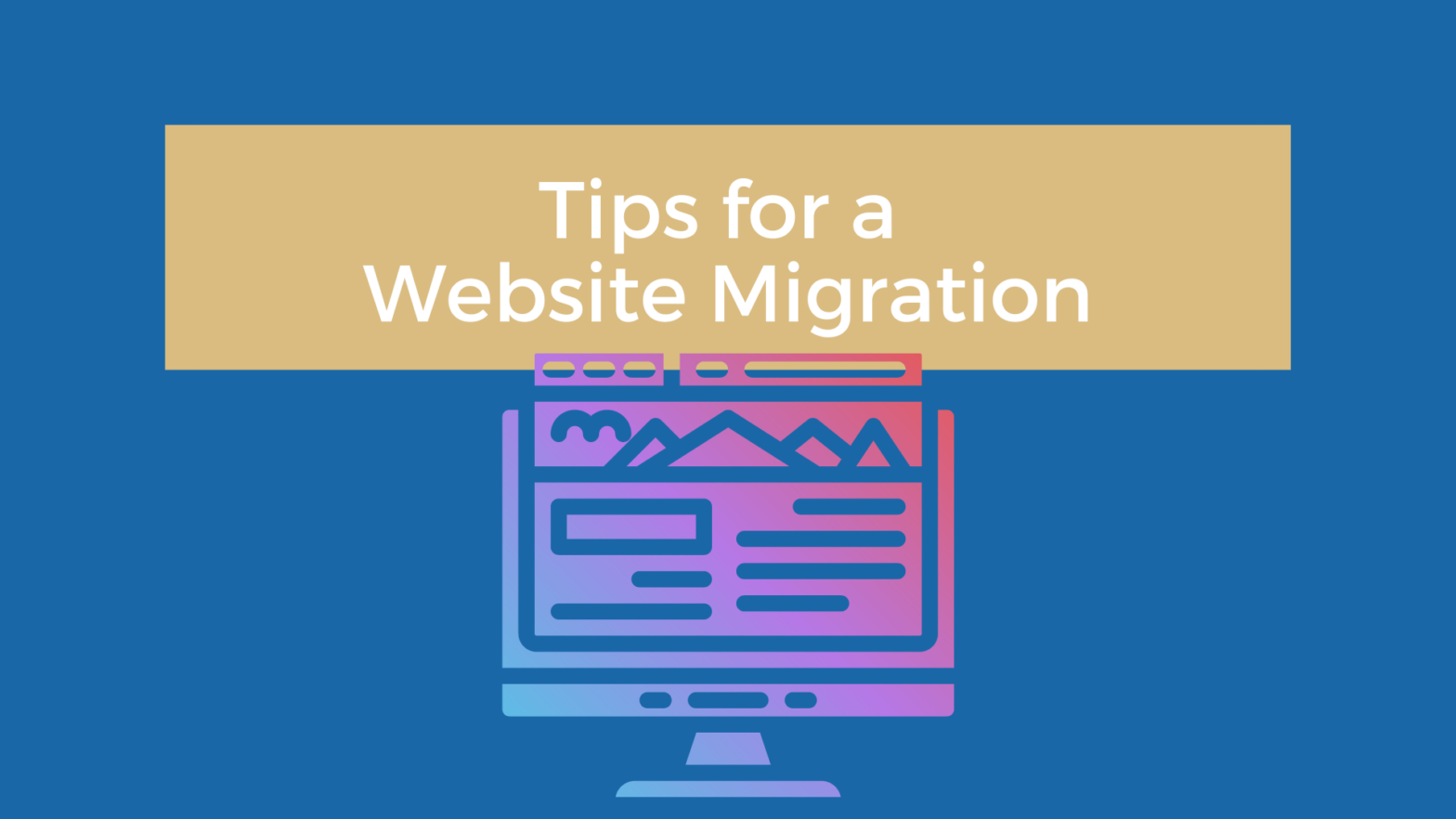Last updated on January 14, 2023, 10:52 PM
5 quick tips on what to consider when migrating your website
If you’re thinking of migrating your website, there are some important factors you should consider to make sure the process goes smoothly and your website continues to work well after the migration. Here are some tips you should keep in mind:
- Create a backup. Secure your website: Before migrating, you should make sure that you have a full backup of your website, including all files and databases. This will give you the ability to fall back on a backup in case of problems during the migration. Usually it is standard procedure to have a backup of your website not older than a week, but still worth mentioning it.
- Check compatibility: Make sure that all plugins and themes you use on your website are compatible with the new platform. When you migrate to a new platform, some of your plugins or themes might not work anymore. This applies mostly to a WordPress or Typo3 Migration. If you switch to different CMS, there are a myriad of other things to consider to transfer the full functionality of your website to another CMS.
- Change DNS settings: If you are migrating your website to a new domain name or server, you may need to change your domain’s DNS settings. Make sure you make these changes in time so that your website will still be accessible after the migration.
- Test the migration: After you migrate your site, you should test it thoroughly to ensure that all features continue to work properly. This includes testing links, forms and other important functions. Ideally the migration happens first to a staging environment and is tested thoroughly there before pushing it to the live environment.
- Notify your visitors: When you migrate your site, you should notify your visitors so they know that there may be brief outages or delays. You should also leave a message on your old site so your visitors know where to find your new site.
